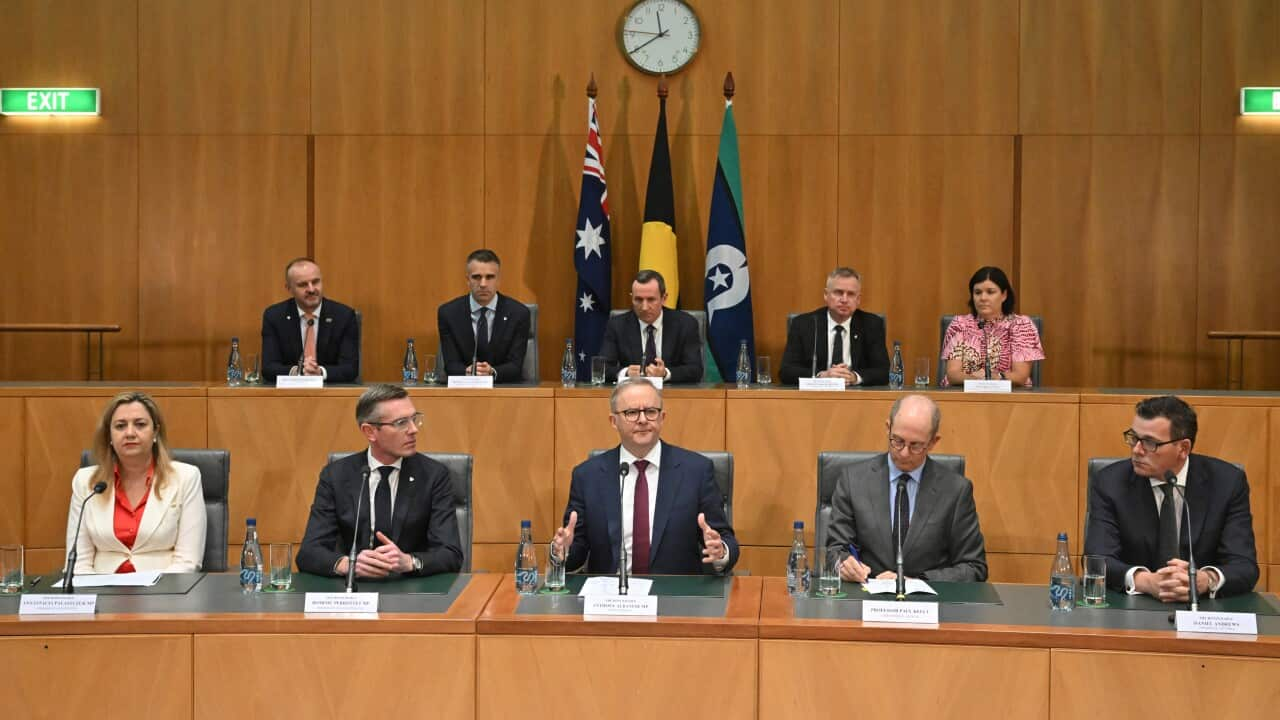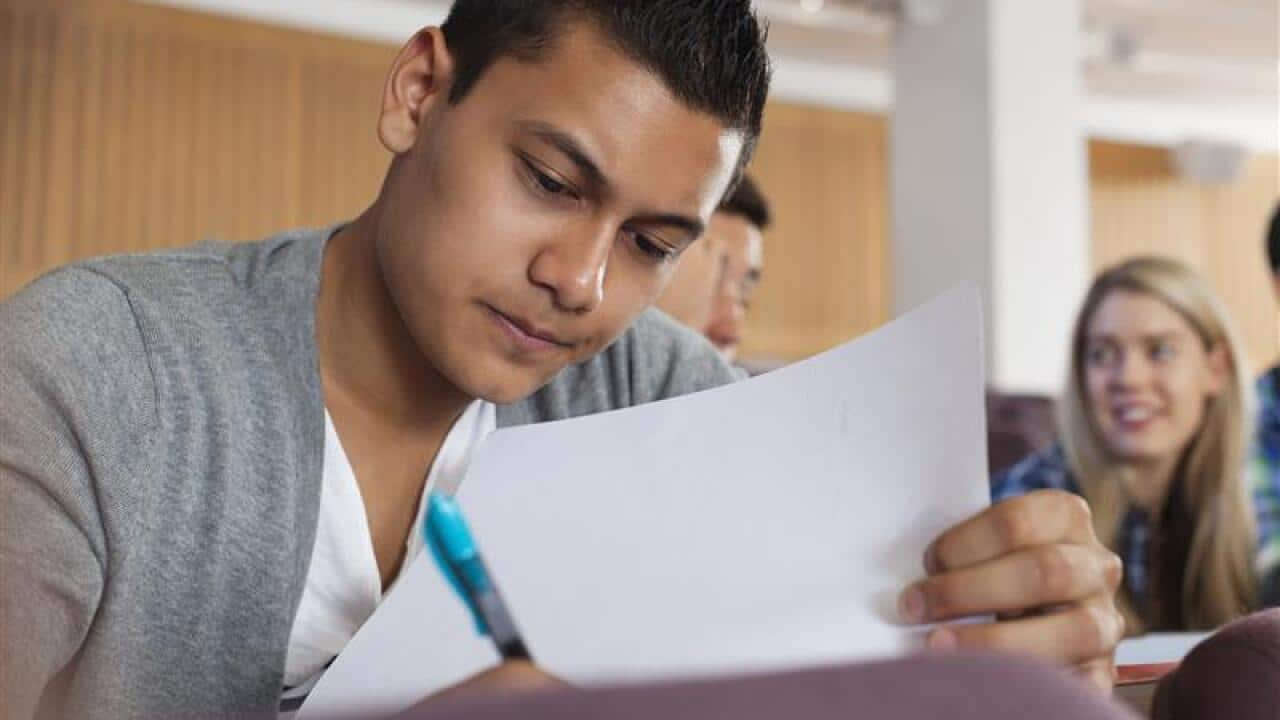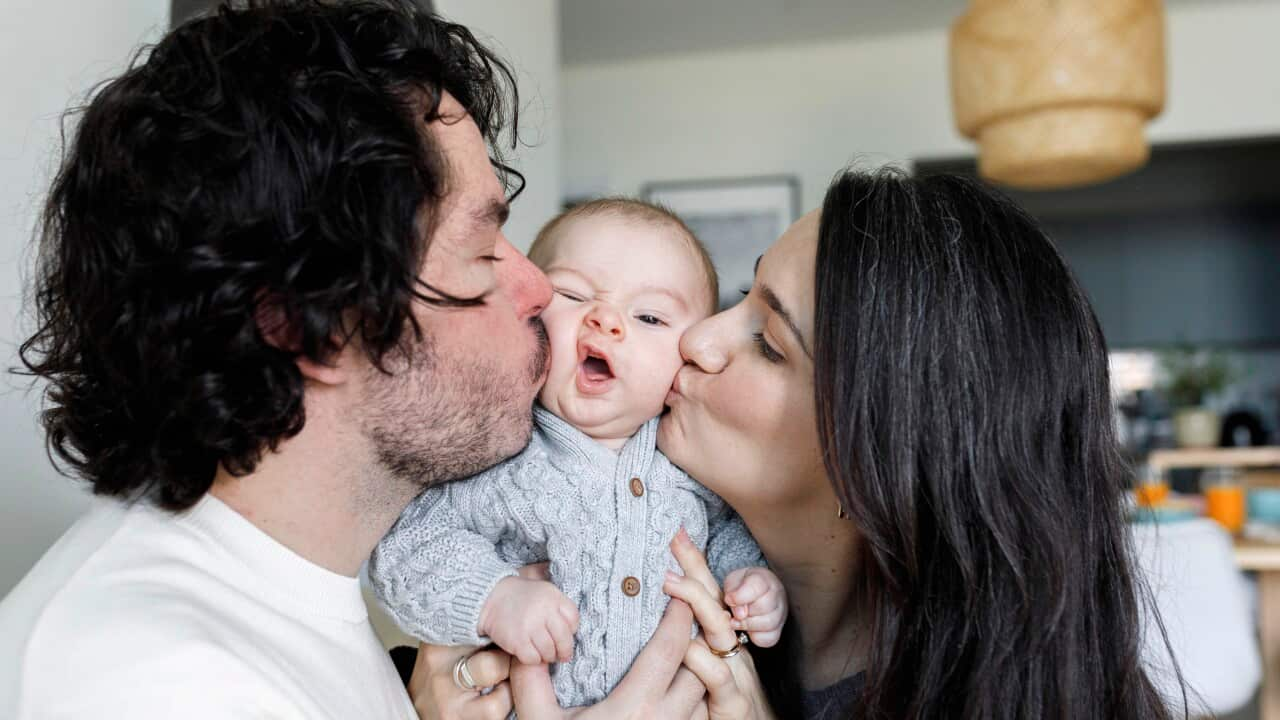Key Points
- Professor Paul Kelly says Australia's emergency response to the pandemic is over
- AMA President Professor Steve Robson warns COVID should not be treated like flu
- The pandemic leave disaster payments will also end on 14 October
From 14 October, Australians testing positive to COVID-19 will no longer be required to isolate.
The "unanimous decision" was taken at a meeting of National Cabinet chaired by Prime Minister Anthony Albanese on Friday.
"The pandemic leave disaster payments will end at that time as well, with the exception of people (workers) in high-risk settings, which need to be given particular support," Prime Minister Albanese said.
Currently, asymptomatic Australians are required to self-isolate for five days.
Australia's Chief Medical Officer Paul Kelly said Australia's emergency response to the pandemic is probably finished.
However, he warned that the pandemic is not over and Australia's future waves could be similar to those seen earlier this year.
Prof Kelly said Australia has low rates of COVID infections, hospitalisations, ICU admissions and aged-care outbreaks at the moment.
"We also have, at the moment, very high hybrid immunity from (the) previous infection, as well as high vaccination rates particularly and specifically in those highly vulnerable communities - older people, people in aged care, in particular, people living with a disability and the ones that we have talked about many times before.
"I believe removing isolation at this time is a reasonable cause of action from the public health point of view," Prof Kelly added.
Prof Kelly replying to a question on voluntary self-isolation said people are most infectious in the first two to three days and more likely to be infectious while symptomatic.
"We’re not stopping infectious people going out into the community now, and we won’t be in the future,” he said.
“We haven’t changed the infectiousness of this virus."
Prime Minister Albanese said the government is changing its position based on advice and circumstances. He said the leaders have discussed the need to continue to run campaigns to get people vaccinated.
"We will continue to provide support in high-risk areas. We'll continue to monitor these issues, and we'll have another discussion in December."
Australian Medical Association Professor Steve Robson warned that COVID should not be treated like flu.
"If you think the flu is Covid, you're living in a fantasy land. COVID is a long-term infectious. We're already seeing a massive effect of long Covid on the workforce and the community. You don't have it with long flu or long cold. It's fantasy," he told ABC in the morning.
Find a Long COVID clinic
Find a COVID-19 testing clinic
Register your RAT results here, if you're positive
Before you head overseas, Here is some help understanding Read all COVID-19 information in your language on the







